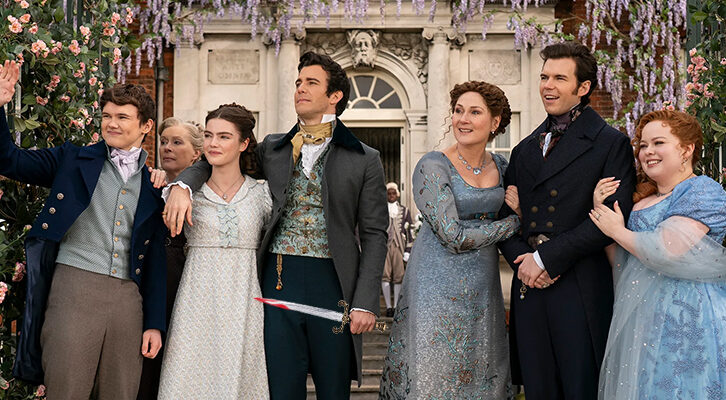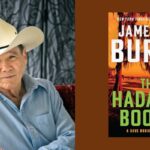
Julia Phillips on Writing a Russian Story in an American Voice
The Author of Disappearing Earth on The Literary Life with Mitchell Kaplan
From the episode
Mitchell Kaplan: When I read that you were a cinephile and so involved in Soviet life, and I assume that you speak Russian and can read in Russian and you chose to write in a decidedly 20th-century American way about this opposed to some of the great 19th century Russian masters, and I appreciated that because it also brought us a sense of recognition. Does that make sense to you? Was that a conscious choice that you had made or did it come naturally from your writing style?
Julia Phillips: I think it was a conscious choice out of something that was coming naturally. It was a fascinating, challenging, and interesting project to undertake in the first place. You know, I’m going to move to Russia and write about Russia and Kamchatka from the point of view of folks who live on and grew up Kamchatka. There is not a character here who is an American writer visiting the territory. There is already that imaginative leap into a different culture and a different country and a different way of life. The challenge of that is immense, and I leave it to readers to judge how well it worked.
For me, in approaching that I had to look at other challenges that I was going to take on and what I didn’t feel like made any sense to take on. One I felt didn’t make sense to take on was emulating or writing in the tradition of the golden age of Russian literature or contemporary Russian writers. That is not the tradition in which I mostly read or in which I have aspired . . . which is Anglophone writers, mostly American and Canadian. Folks like Alice Munro and Louise Erdrich, those are the people that I’m trying to write like. For me to sit down and take on this project and say, not only am I going to try to set in Kamchatka and have only Kamchatkans I’m also going to write like Chekhov feels like a fool’s errand. I don’t have that.
MK: When I read it, I have to admit that there was a little bit of dissonance. You know, when you’re reading something like this you’re reading it from someone who is native to that area and from their sensibilities. What was so interesting to me, and it became the true voice of the novel, was the fact that it was somebody like you who was writing in your own style, using your own vernacular and own descriptions, and it immediately created a bond instead of feeling like I was reading a book by someone in translation. You know what I mean? It spoke to me in a very resonant way.
JP: I think when I was working on it very early on, from the moment coming up with the plot I had to admit to myself that I am American and everything I am seeing is through American eyes and everything that I’m experiencing is through American bias. I am not able to consciously compensate for that or cancel it out or become a neutral. I can’t move into a space that I am absolutely filtering what I’m seeing can then pass through onto the page untouched. It is being shaped and touched by who I am and how I perceive it. There is no getting the American-ness out of it. That’s how I’m coming to the page.
The Literary Life
Mitchell Kaplan has been a bookseller and has owned the independent bookstores Books & Books for over 35 years. Enter the Literary Life where every week you’ll hear candid conversations with Mitchell and his guests, including Dave Cullen, Min Jin Lee, Lisa Lucas, Tayari Jones, Tina Brown, and Pete Souza.



















